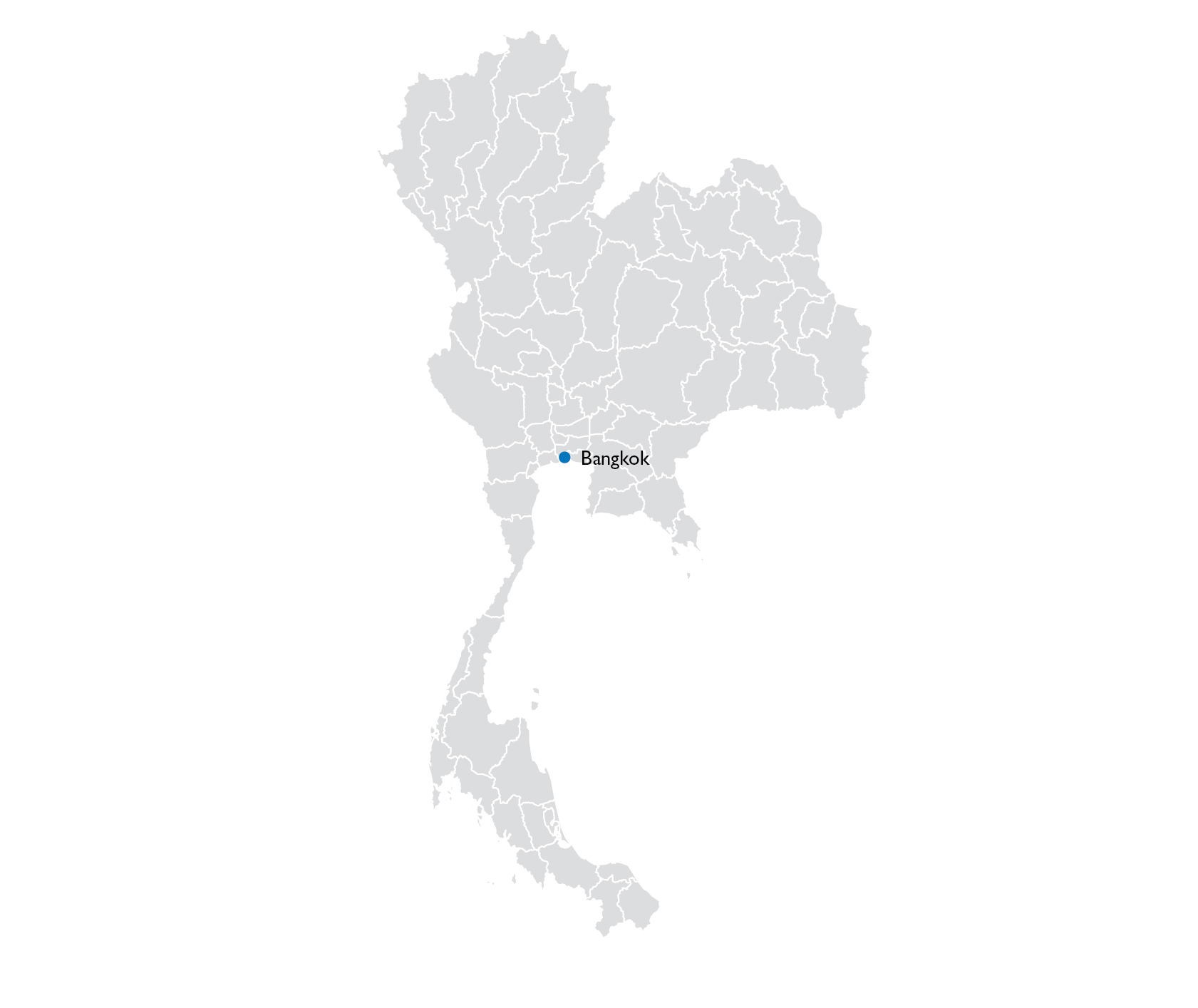This guide covers the main regulatory obligations and the types of liability to which business operators of consumer products may be exposed.
In Thailand, the key legislations for product safety and liability are found in the Consumer Protection Act B.E. 2522 (1979) (as recently amended) ("CPA") and the Unsafe Goods Liability Act B.E. 2551 (2008) ("UGLA") respectively.
Regulation of Product Safety
CPA
The CPA provides a general safety framework that business operators must observe in relation to consumer products which are not covered by the sectoral regulations. It seeks to ensure that consumer products, when marketed, are safe. The CPA regulates product advertising, labelling to the conclusion of contract between a consumer and the business operator.
The CPA sets out the general rule that the product that the business operator will sell or place in the market must be safe. Business operators of consumer products have obligations to take necessary measure to prevent place only safe products on the market and are prohibited from manufacturing, selling, importing and advertising of ‘dangerous product’. Violation of this obligation is also subject to criminal offences.
Under the CPA, if a product is found to be dangerous or harmful, business operators shall take any necessary measures to prevent such danger such as repairing, rectifying, changing, replacing, improving, recalling the defective product and refunding/reimbursing the price/cost. The business operators also have obligations to report to the Committee on the Safety of goods and services ("the Committee") and conduct appropriate corrective measures such as repairing, rectifying, changing, replacing, improving including undertaking a product recall to deal with potentially dangerous or dangerous products.
Where necessary, the Committee may impose measures to ensure that business operators comply with their obligations under the CPA to place only safe products on the market. If the Committee suspects (from any sources) that the product may be dangerous or harmful, the Committee has the power to temporarily ban the sale of such product for the period needed to evaluate their safety. If the Committee finds that the product is dangerous or harmful, it can order business operators to replace or repair the products, or recall all affected products.
The CPA empowers the Committee to issue guidelines on corrective measures when dealing with potentially dangerous and dangerous products. No such guideline has been issued to date.
Sector-specific laws
There is sector-specific legislation covering, for example, medical devices and medicines, food and drink, motor vehicles and cosmetics. Such legislations impose specific measures pertaining to the safety of a product, including product recall scheme.
Where there is sector-specific legislation, this takes precedence over the CPA, with the CPA supplementing any gaps in the sector-specific legislation.
Product Liability Litigation
The UGLA provides cause of action for affected consumer or any person who is injured by the unsafe product to seek compensation from the business operation (manufacturer, importer). The UGLA applies to all consumer products which are "movable property".
A product is deemed unsafe under the UGLA where there is design defect, manufacturing defect, or warning defect. The latter can occur, for instance, where there is insufficient or incorrect warnings or directions for use.
The UGLA imposes strict liability on business operators for damage caused by defective product. This means that a claimant does not need to prove fault on the part of the business operator. Instead, all the claimant needs to prove to succeed in a claim is that:
- the product was defective
- the claimant suffered damage; and
- there was a causal link between the defect and the damage suffered.
Business operators is broadly defined in the UGLA to include manufacturer, importer, seller who cannot identify the manufacturer, outsourcer or importer, or a person using a person who uses a trade name, trademark or logo, in such a manner that consumers consider him the producer, outsourcer or importer. Where there are entities in more than one entity acting as business operators, liability is joint and several, and the claimant consumer can choose to sue one or all of them.
Business operators may be liable for punitive damages not exceeding double actual damages, if it can be proven that the business operator has manufactured, imported or sold a product being aware that such product is unsafe, or not being aware because of his severe negligence or does not take appropriate action to prevent such damages.
Although liability under the UGLA is strict, business operators can be discharged from liability if they can prove that the claimant was aware that the product in question or by proofing that the disputed damage is a result of the claimant’s failure to comply with caution, instruction and product guidance which have been adequately provided.
The Regulator
The Office of the Consumer Protection Board (OCPB) regulates compliance with the CPA and UGLA, and is Thailand's main regulatory body for consumer matters. The OCPB plays an important role in regulating the manufacturing, distribution, advertising and recall of unsafe products by entrusting such authority to various sub-committee under the CPA. The OCPB also has the power to file a lawsuit on behalf of consumers for damage arising from unsafe goods.
